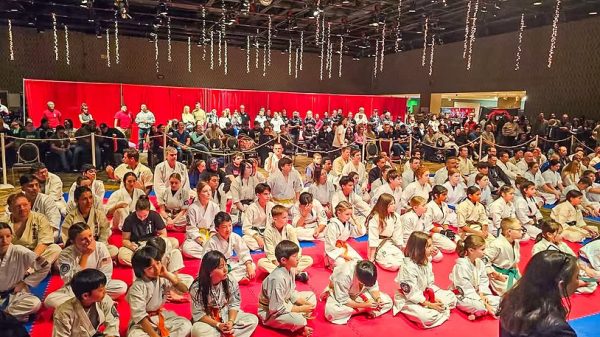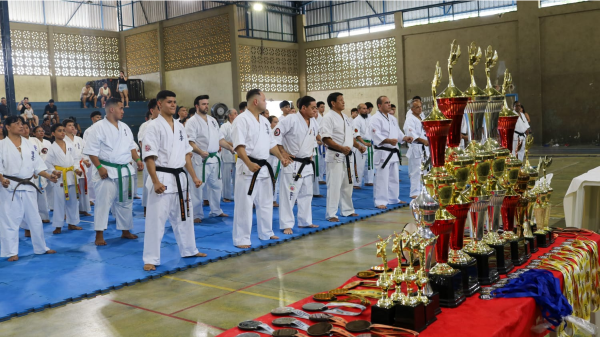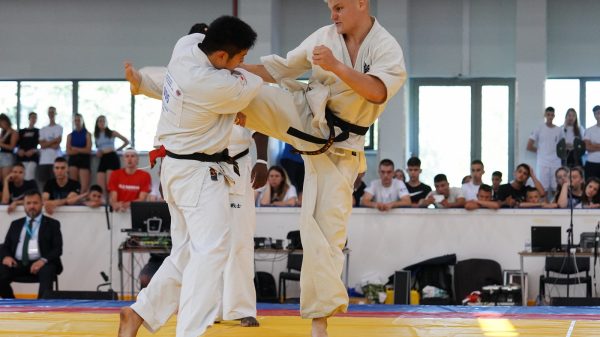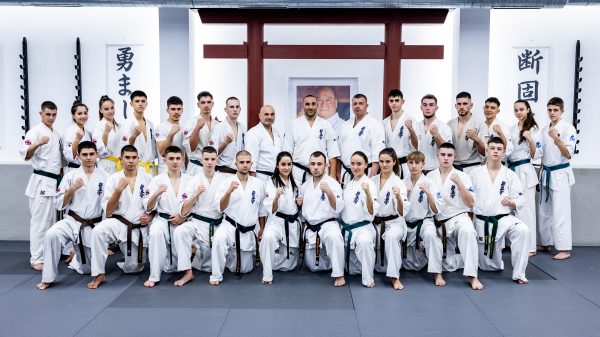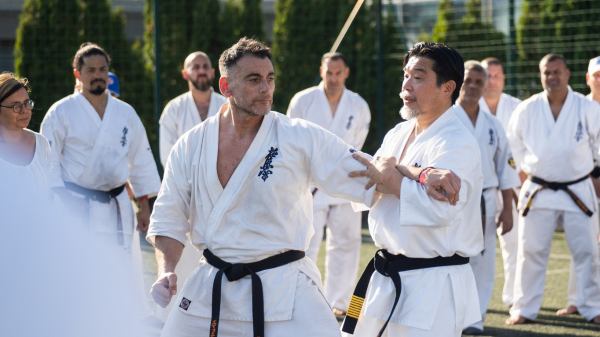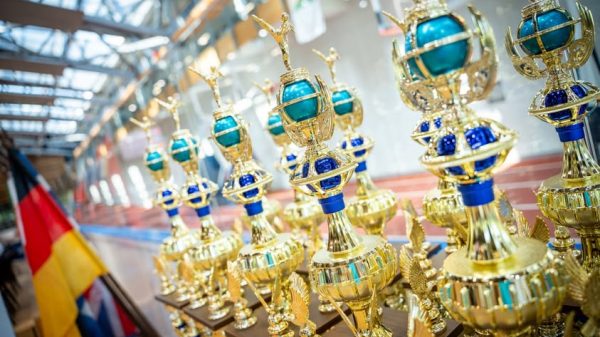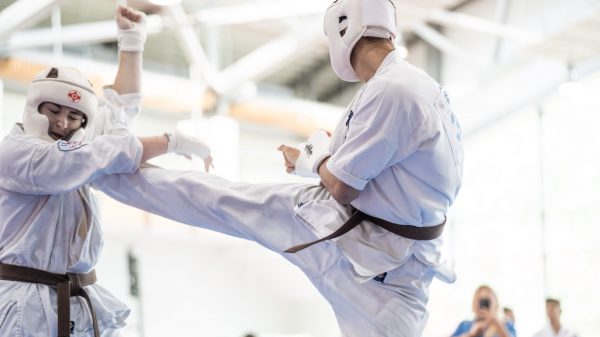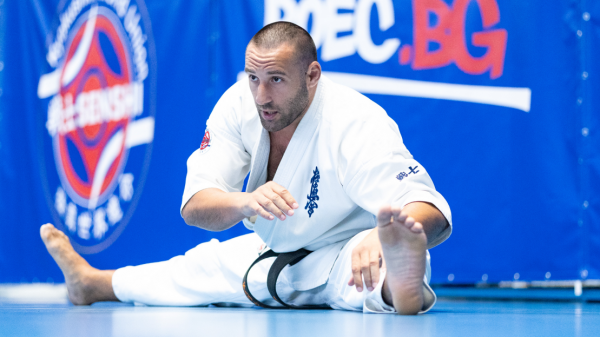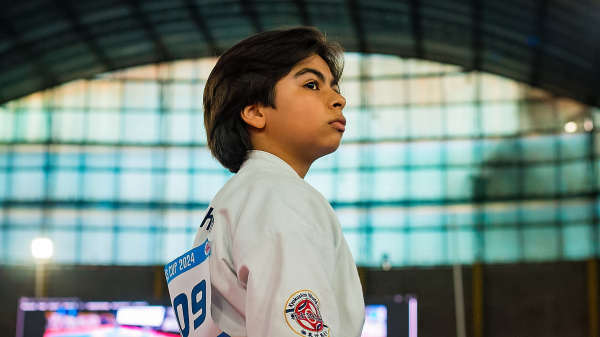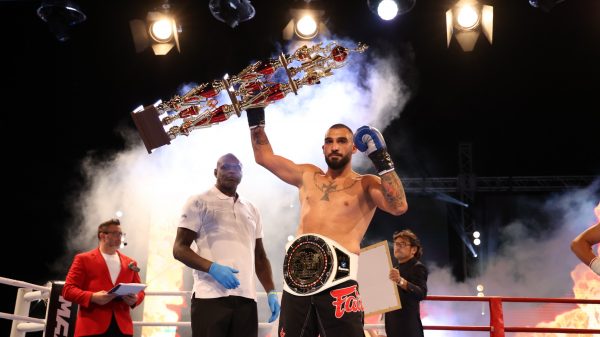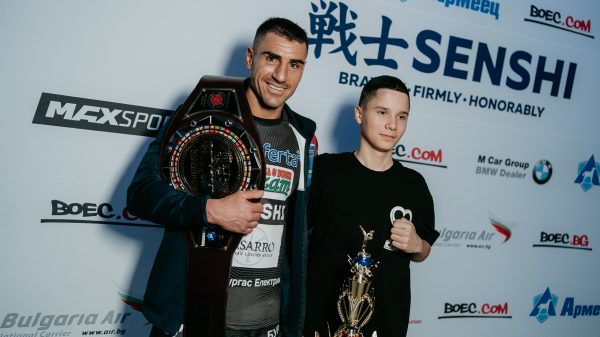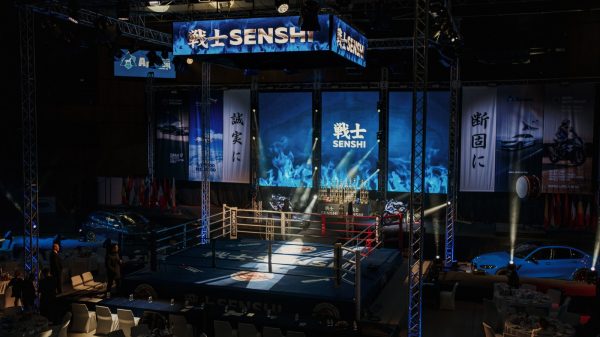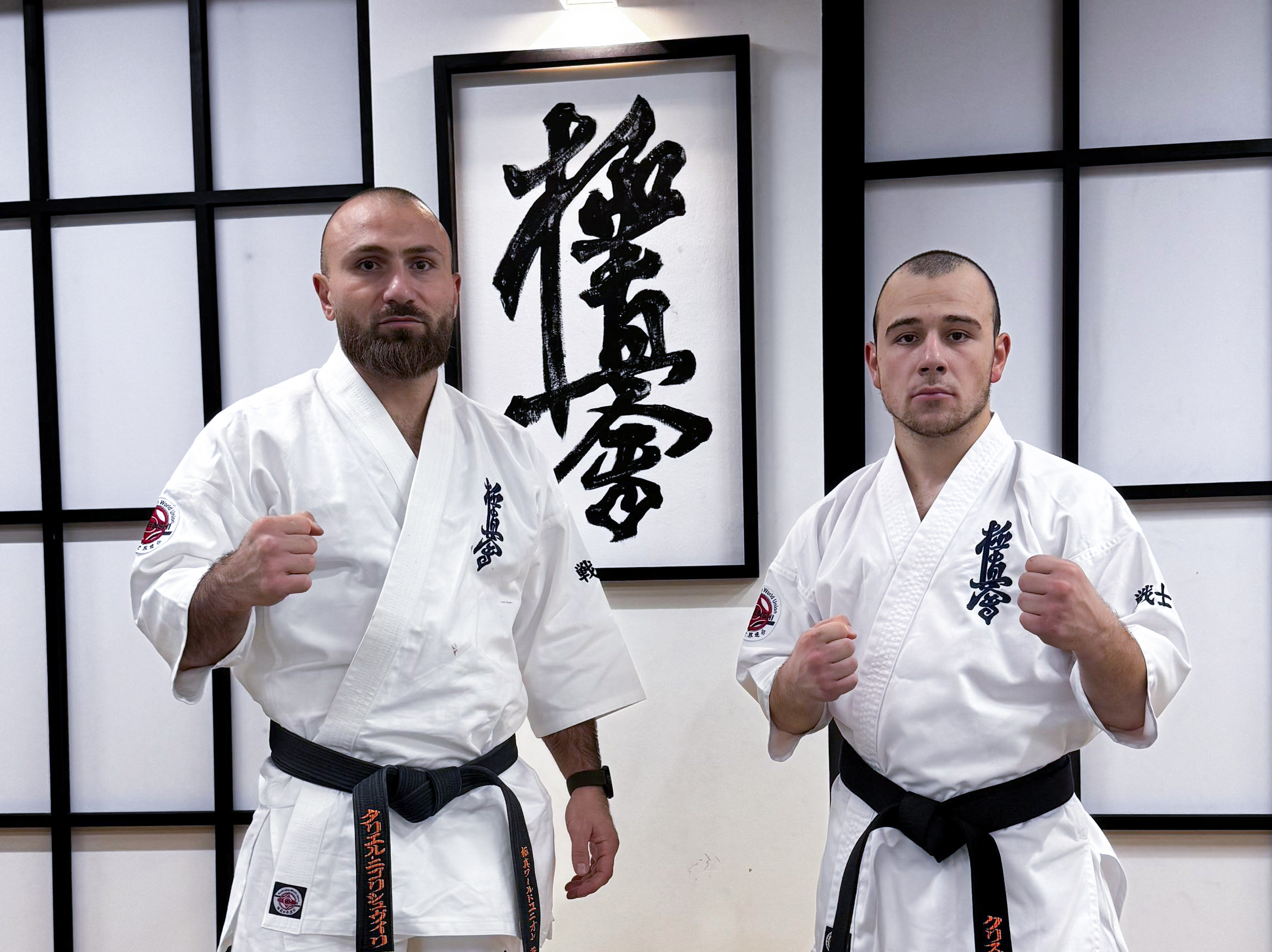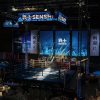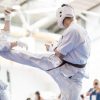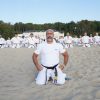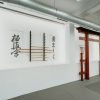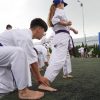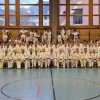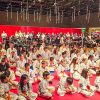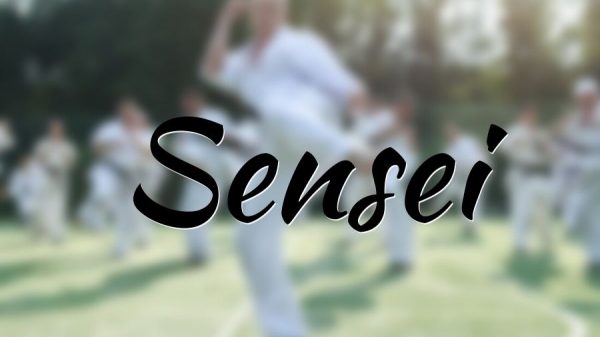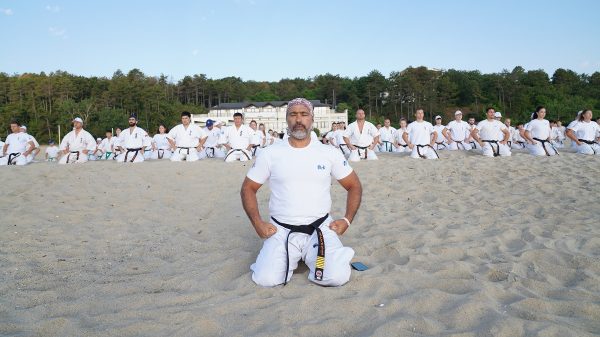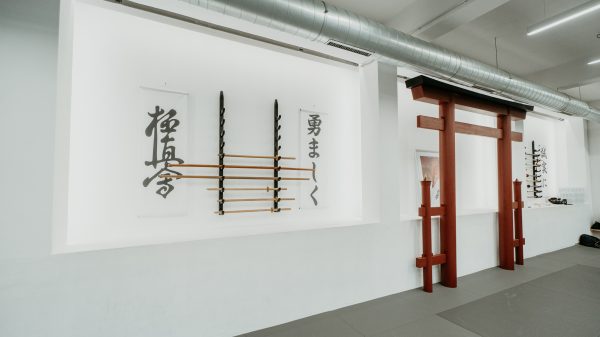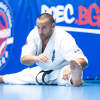What does it mean to be an uchi-deshi in the modern world of martial arts, and what is the great challenge ahead for the promising Bulgarian fighter?
Bulgarian karate champion Kristiyan Ivanov has become a personal student of the Absolute Kyokushin World Champion Tariel Nikoleishvili. In September 2025, the young fighter from Shumen, Bulgaria, traveled to Georgia, where, for one month, he will train as a uchi-deshi – the closest and most devoted disciple in the tradition of Japanese martial arts.
The format that Ivanov is entering is rarely encountered in today’s world – a complete immersion into the rhythm of the dojo. He faces a focused schedule of a month of intensive and demanding training sessions held twice daily, which include running, weight training, and numerous sparring sessions with the martial arts legend Tariel Nikoleishvili. During these, Kristiyan will receive invaluable individual lessons and develop solid tactical fighting skills, taught to him personally by the champion who successfully overcame the most difficult test of body and spirit in Kyokushin karate – the Hyakunin Kumite, which involves battling 100 opponents within a few hours in a single day.
For the Bulgarian competitor, a holder of European and Balkan titles, this is the greatest challenge so far and an opportunity to learn priceless lessons from a fighter who has gone through the legendary Hyakunin Kumite – 100 consecutive bouts in just one day.
In traditional Japanese martial arts, the term uchi-deshi (内弟子) refers to a student who dedicates themselves entirely to training under the guidance of a renowned master. Literally translated from Japanese as “inside student,” the phrase describes a person who moves into the dojo to study not only the techniques but also the spirit, etiquette, and daily rhythm of martial arts. This is what lies ahead for Kristiyan.
He is a successful competitor for SK “Kyokushin,” Shumen, part of the Bulgarian Karate Kyokushin Federation (BKKF). Ivanov trains under the guidance of the leading coach and winner of the National Association of Combat Sports’ “Golden Belt” award for Best Coach in 2024, Sensei Stanislav Dimitrov. Kristiyan is an eight-time national champion in Kyokushin, winner of the European Championship in Lisbon, first place at the European Cup in Barcelona, Balkan champion, silver medalist at the World Cup “Varna,” as well as fifth place at the prestigious World Championship in Valencia. The national competitor of the BKKF is now embarking on its greatest training challenge in Georgia.
Kristiyan’s mentor – the legend Sensei Tariel Nikoleishvili – has achievements recorded in the history of martial arts. In 2014, he went through 100 opponents in just one day, and before that, in 2011, he conquered the Kyokushin world title. The Georgian karateka and renowned martial arts master achieved three titles in a single year – Absolute Champion of Japan, Champion of Japan in his weight category, and Champion of Europe – in 2010. He is also a board member of KWU SENSHI, and the Bulgarian audience knows him as an instructor at the international SENSHI training camps, as well as а referee and judge at the SENSHI fighting galas held in Bulgaria.
The Japanese tradition of uchi-deshi in martial arts and its modern meaning – life in the rhythm of the dojo.
Students of this type have traditionally been in complete service to their mentor and often served as his personal assistant, intending to develop attentiveness, reaction, and endurance through the tests of time and daily duties in the dojo – cleaning, preparing equipment, assisting with training sessions, welcoming guests, or organizing events.
This time-tested system creates unshakable fighters who embody the principles of discipline, humility, and service. Historically, many of the greatest champions in Kyokushin karate and K-1 began their paths as uchi-deshi, building a strong bond with their instructors and passing the tradition to future generations. Nicholas Pettas is a true example in this regard – one of the last uchi-deshis of Masutatsu Oyama. He spent 1000 days in the dojo, and of the 8 accepted students at the beginning of the uchi-deshi program, only two of them completed it after three years.
Traditions in martial arts have transformed, and in the 21st century, it is rare for a student to go through training as it was in the 20th century, lasting more than a year, sometimes three. Even today, however, the uchi-deshi path remains one of the most demanding and difficult to undertake, but also one of the most rewarding ways to achieve mastery. Although nowadays close students of the master may not live directly with him, the term uchi-deshi is still used for close disciples who fully carry out their responsibilities and duties, rather than simply attending classes.
Unlike ordinary students, uchi-deshis undergo a deeper apprenticeship through their close interaction with the teacher. Their days and nights in the uchi-deshi program combine intensive training with maintaining the dojo and the training hall. In return, they receive close, often personal guidance from the sensei or shihan, learning the subtle details of technique and mindset that are otherwise difficult to acquire.
“We expect Kristiyan Ivanov to receive the best of both worlds: traditional Kyokushin karate training in a modern environment from an absolute champion – an opportunity that rarely happens to a fighter and is worth every drop of sweat and effort,” said his coach, Stanislav Dimitrov.
The results remain to be seen, but the pride in Kristiyan’s future successes will belong to all his teachers – from his very first steps in the training hall in Bulgaria to his education in the dojo in Georgia.


